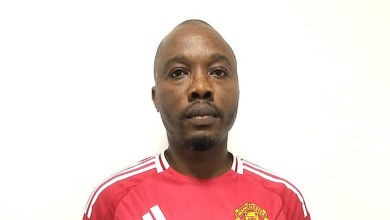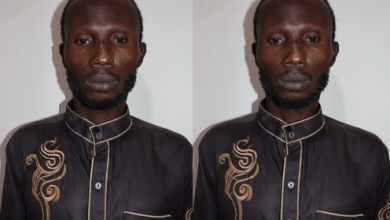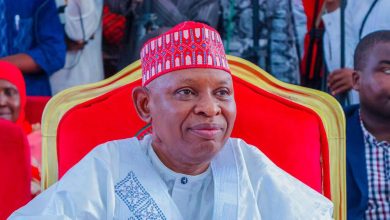Former Anambra Governor Willie Obiano Transferred U.S. Properties Following Arrest on Corruption Charges
Obiano’s U.S. property transfers spark suspicion as corruption trial stalls in Nigerian courts.
Investigators uncover multimillion-dollar real estate moves shortly after his dramatic airport arrest.
Former Anambra State Governor Willie Obiano and his wife, Ebelechukwu, began transferring ownership of several properties in the United States shortly after his arrest in 2022 on allegations of embezzlement and financial misconduct. This development has raised questions about the couple’s international real estate dealings and whether the transactions were linked to the former governor’s ongoing legal troubles in Nigeria.
Obiano, who governed Anambra State from 2014 to 2022, was apprehended by Nigeria’s Economic and Financial Crimes Commission (EFCC) in March 2022. His arrest took place at the Murtala Muhammed International Airport in Lagos as he attempted to board a flight to Houston, Texas, hours after leaving office. The EFCC accuses him of misappropriating over N4 billion (approximately $4.4 million at the time) from the state’s Security Vote Account funds that are typically earmarked for handling urgent security matters but are notorious for their lack of transparency and accountability.
The former governor has consistently denied all allegations, and his case remains active. However, progress has been delayed due to the suspension of the trial judge by Nigeria’s National Judicial Council for unrelated ethical violations.
An investigation jointly conducted by the Organized Crime and Corruption Reporting Project (OCCRP), the Platform to Protect Whistleblowers in Africa (PPLAAF), and the Houston Chronicle has revealed that Obiano and his wife began transferring ownership of six Texas-based apartments between 2022 and 2024. The first set of property transfers occurred shortly after Obiano’s arrest in 2022, with the couple selling two apartments in Houston. Four additional properties were transferred in 2024, the same year Obiano was formally charged with money laundering and other corruption-related offenses.
According to public property records, the Obianos still maintain ownership of at least four apartments in Texas, despite the recent asset transfers. Interestingly, four of the six properties that were transferred had been purchased before Obiano took political office during his time in the banking sector. The remaining two were acquired while he was serving as governor. Altogether, the estimated market value of the six transferred properties stands at roughly $1.8 million.
A deeper dive into corporate filings shows that four of the transferred apartments were moved under the control of Wilveg Investments Series LLC, a Texas-registered company incorporated in 2010. The company lists Mr. Obiano, his wife, and their daughter as managers. In a notable change of structure, Mrs. Obiano was named the company’s registered agent in November 2023.
When approached by OCCRP for comment, Mrs. Obiano declined to provide specific answers regarding the timing or reasons for the property transfers. She only noted via text message that the family’s real estate ventures were strictly a “private business” matter.
Additional records indicate the Obianos still jointly own an apartment in Texas purchased in 2011. Separately, Mrs. Obiano retains sole ownership of two other apartments acquired in 2011 and 2024, respectively. Another property, bought by her in 2014, was transferred to their daughter the following year.
The EFCC’s case centers on alleged misuse of Anambra State’s Security Vote Account an allocation typically disbursed to government officials to respond to security challenges. However, anti-corruption groups have long criticized the account for its opacity and lack of accountability. A 2018 report by Transparency International and the Civil Society Legislative Advocacy Center warned that such funds are highly susceptible to abuse due to the absence of legislative oversight or independent audits.
As the trial continues to face delays and scrutiny builds around the Obianos’ overseas wealth, questions remain about the origins of their U.S. assets and whether any could be subject to forfeiture should the former governor be convicted.



